Word Salad
Fix what's broken.
"People who are afraid are easily manipulated."
"The lesson from my last travel day home is, the US, and especially NYC, is broken. Especially compared to the rest of the world, especially considering our wealth."
California Pizza Hut operators laying off all delivery drivers
Two large Pizza Hut operators in California are laying off all their delivery drivers ahead of a new state law that raises the minimum wage for fast-food workers to $20 an hour…
The layoffs impact hundreds of Pizza Hut locations across the state including Los Angeles, Orange, Riverside, Ventura and San Bernardino counties and Sacramento, and involve more than 1,200 in-house delivery drivers. The job cuts will take place through February, according to federal employment notices obtained by Business Insider. The new minimum wage law takes effect in April…The current minimum wage in California is $16 per hour…
Fast-food chains Chipotle and McDonald’s have already announced they plan to raise menu prices in California to offset the higher cost of worker compensation.
Probably good for DoorDash.
The overwhelming consensus now is for lower rates
Podcasts
Macrovoices #407 Jim Bianco: Jay Powell’s “word salad”, FOMC Mood Swings, Interest Rate Outlook, Crypto & More Very good. Transcript.
Clive Thompson - Retired Value Investor Sharp guy. He writes a blog of sorts at LinkedIn.
CRE
We bought five deals this year, and it dawned on me here recently, with the five transactions we’ve done…we're the second largest as far as number of transactions in the state of Texas this year. I know one group that I'm aware of has bought six or seven, and we purchased five, but they would buy some older stuff and smaller kind of average deal size, so I think we're the largest buyer of Texas multifamily in 2023 at SPI advisory, from a from a transaction, dollar volume.
I could be off and not aware of somebody. It is insane for me to say five transactions, and I'm in a state that has about two and a half million market-rate multifamily units, that we're the largest buyer, or certainly one of the largest buyers…so that just tells you how far off the transaction volumes are.
All these big buyers just haven't transacted, so I think that those guys come off the sideline first half of the year, probably January we start seeing some of those institutions, because if you don't buy, why do you need to pay all these people to be employed if you're not doing anything?
DFW Apartment Bubble Deflated In 2023 As Onslaught Of New Units Pushed Supply Ahead Of Demand
“…occupancy in Dallas-Fort Worth declined each month in 2023, causing rent growth to falter in the back half of the year. A wave of new units coming online snatched the ball from owners and placed it firmly in the tenants' court, marking a reversal in the power dynamic that has defined the market for the last three years.”
“More than 8,100 new units opened in DFW in the third quarter alone, and another 44,000 are on the way in 2024 and 2025. Meanwhile, more than 81,000 existing units sit empty…“When you’re talking about so many thousands of units … that is a huge amount of supply,” RR Living CEO Melanie French said. “You see building happening everywhere.”…A drop-off in lending has put a dent in new starts, but nearly 72,900 apartments were under construction in DFW at the end of August — more than anywhere else in the U.S…Class-A properties have been the hardest hit, and that is because they are competing with the new deliveries, McClenny said. As of November, the highest-end cohort of apartments was 87.4% occupied, compared to 92.7% in Class-B and 91.9% in Class-C, according to MRI ApartmentData.
Here’s a Texas-centric CRE podcast that might be of interest.
Multi-family back to 2012 serious delinquency levels…
“A big office complex in Concord has been bought in a deal that suggests property values have nosedived for Bay Area offices in the wake of the coronavirus-spawned business lockdowns. Concord Corporate Centre has been bought for $20 million by an affiliate of Sierra Pacific Properties…That price is 68.5% below the $63.5 million that the sellers in the deal, Harbert Management, paid in 2017 for the two-building office complex.”
“Aon Center, the third-tallest tower in Los Angeles, has sold for $147.8 million — about 45% less than its last purchase price in 2014”
“VineBrook Homes Trust, Milwaukee's largest single-family landlord, might not be able to pay its bills next year. With a $1.2 billion debt coming due in 2024, VineBrook's Dallas-based executives told regulators in November they weren't sure VineBrook could "continue as a going concern" in the next 12 months…To cover its debt, VineBrook plans to sell somewhere between 1,700 and 2,100 of its homes across the country in the next year…If VineBrook is looking to sell in Milwaukee, Goyke said he hopes those homes will end up in the hands of owner occupants…VineBrook grew quietly and quickly in Milwaukee, amassing more than 1,000 single-family homes since 2019, as the Journal Sentinel detailed in a November story. VineBrook's Milwaukee homes are largely clustered on the far north and northwest sides of the city, in predominately Black neighborhoods…As the Dallas-based rental company grew — owning 25,000 houses around the country by the end of 2022 — it borrowed extensively, often at floating rates. Those interest expenses then spiked beginning in the spring of 2022, when the Federal Reserve began hiking rates.”
I’m reminded of this 2020 article, which I did a long thread on:
“Neighborhoods that were formerly ownership neighborhoods that were one of the few ways that working-class families and communities of color could build wealth and gain stability are being slowly, or not so slowly, turned into renter communities, and not renter communities owned by mom-and-pop landlords but by some of the biggest private-equity firms in the world,” says Peter Kuhns, the former Los Angeles director of the activist group Alliance of Californians for Community Empowerment. Around Los Angeles, the companies scooped up properties in the majority-minority areas of South Los Angeles, the San Gabriel Valley, the San Fernando Valley and Riverside.
Maybe higher rates are slightly helping to reverse our road to serfdom.
Private equity acquisition of hospitals, on average, was associated with increased hospital-acquired adverse events despite a likely lower-risk pool of admitted Medicare beneficiaries, suggesting poorer quality of inpatient care.
FHFA House Price Index
I dislike the use of “real” prices here, because to get that “real” number, they use the surreal “CPI.”
Canadian Housing Bubble
They managed to use the housing market to avoid the type of deep, severe recession that the US went through, and of course at the time that was thought that was a very fortunate thing for Canada, but as it turns out, it's probably one of the worst things that happened, because of course what happened was people used household debt, and corporate debt to some extent as well, to pump up the housing bubble even further, so we've gotten to a point now, with having very little downdraft in 2009 and then growth of about 7% per year since then, or even greater in some years, gotten to a point where housing is in a huge bubble, household debt of course is also a huge bubble, because you can't have a huge housing bubble without very high household debt, and now of course with interest rates having gone up, mortgage rates are starting to bite and so here we are.
Canada Households Debt To GDP (for comparison, it’s about 74% in the U.S.)
Federal Reserve Canadian Bank Bailout
Throughout the 2008-2010 financial crisis, Canadian banks were touted by the federal government—and the banks themselves—as being much more stable than other countries’ big banks. Canadians we assured that our banks needed no bailout. However, CCPA’s latest study, The Big Banks’ Big Secret: Estimating Government Support for Canadian Banks During the Financial Crisis, suggests that this was not the case.
The study reveals that Canada’s banks received $114 billion in cash and loan support from both the U.S. and Canadian governments during the 2008-2010 financial crisis. The study estimates that at some point during the crisis, three of Canada’s banks—CIBC, BMO, and Scotiabank—were completely under water, with government support exceeding the market value of the bank.
Picking Winners and Losers
By February 2010 and July 2010, all of the U.S. Federal Reserve and Bank of Canada loans had been respectively repaid. While these funds were repaid in full, it is clear that the banks benefitted enormously from public financing when private funds were unavailable. In addition, had the rapid and enormous deployment of public funds not been available, most, if not all, Canadian banks would have encountered serious difficulty
(I note that in the Goodreads link to the book, The Creature from Jekyll Island, the first review listed - even though the overall reviews were 4.28 - was one-star, with a few amusing comments, including this one: “I think it's because I'm an economics student that I can't like this book.” Often when I get an angry response to my points on Twitter, I’ll look at the bio and see ‘econ major’ or something similar, and even if I don’t, my question, “So you’re an econ major?” is often answered, ‘yes’. While econ majors’ heads are perhaps less full of nonsense than some other social sciences, most certainly seem more gullible than STEM majors.)
“Michigan Consumer Sentiment Soars in December” I don’t know if I’d use the word “soars” here, but ok…
Consumer Confidence Ends 2023 with a Surge
Philly Fed Manufacturing Index: Activity Continued to Decline in December “a monthly survey of about 250 manufacturers in the Third Federal Reserve District, which covers eastern Pennsylvania, southern New Jersey, and Delaware.”
“Inflation has created a dark cloud over how everyday Americans view the economy”
Connolly has seen prices climb for everything from her Aldi’s grocery basket to her condo’s utility costs. In turn, she’s cut back on everyday luxuries like eating out or going to the movies. Christmas will look pared down for her three kids compared to years prior. “I’ve trimmed everything that I possibly can,” said the 41-year-old. “It sucks having to tell my kids no. It sucks when they ask for a little something extra when we’re checking out at the grocery store and having to tell them, ‘No, I’m sorry, we can’t.’”
Economists don't think like normal people. They view inflation as an abstract thing. They actively seek higher inflation, then wonder why people are angry. We must strip economists of the power they've been given over our nation and world. They're dangerous.
“One obvious problem is that a permanent increase in inflation would be highly unpopular with the public. The unpopularity of inflation may be due to reasons that economists find unpersuasive…”
Why people are eating out at restaurants less in 2023?
Berkshire Hathaway vs $SPX total-return over the past 10 years
Foreign Policy
Something else, something entirely intangible and perhaps not even recognizable at the time, had occurred on June 17, 1775. Men who were not fighters by trade or inclination had stood side by side behind their earthworks and their fences and had waited calmly while some of the most formidable fighters in the world advanced against them in ordered ranks. They had not run from artillery fire, they had stood up to the wild terror of a bayonet charge, and they had broken only when their ammunition gave out and they could fight no more.
A few months earlier the odds against the success of any American military effort would have been overwhelming; the regular army was an object of dread, not to be tested. Now Americans had met it face to face, and like a figment of darkness suddenly exposed to the light, it could be seen for what it was—an army that commanded great respect, but one composed of men no taller or stronger than any others.
By demonstrating that some rather ordinary American farmers had stood against this formidable enemy, the battle of June 17 proved, as nothing else could, that others might accomplish the same thing. Had they failed, it is just conceivable that the rebellion might have sputtered out.
Richard M. Ketchum, Decisive Day: The Battle for Bunker Hill
Grant Williams, Michael Kao, and Richard Lacquement (Lacquement’s bio here)
A few quotes I noted, all from Lacquement:
One of my favorite wars to study for strategy and policy is the American Revolution essentially where the United States, George Washington and the Continental Congress and the Continental Army, are confronting the superpower of the era that undertakes the world’s largest amphibious operation ever to that moment, to send 30,000 troops to the United States in 1776. And they’re incredibly capable militarily and Washington knows better than to fight them head up one to one. He tries certain things, he needs to confront them. He does fight some battle. He picks very carefully after some major disasters...if you’ve ever studied the 10 days between December of 1776, essentially the Washington’s crossing, the Battle of Trenton, the retreat back to Pennsylvania, then the second battle of Trenton, and then the Battle of Princeton, you realize he’s used his undersized force to pick off two garrisons to get battle victories that were incredibly strategically important. And it drove the British back in on their garrisons in a way that undermined all the British gains of 1776 from July to the end of December when they had conquered most in New Jersey. When you realize that yes, when you have the advantages you try to play to them…
They’re [the Chinese] trying to figure out how to offset that technological capability with their own, but also they can’t really rely on their old, mass troops, conscription forces doesn’t really get you there. And they’re not reliable. They don’t build the junior officers, they don’t build the junior NCOs. I’m not saying they’re not working on it, but that’s a harder lift. And when you look at the virtues of the US and Allied militaries, oftentimes it has a democratic underpinning. We trust our people to do the right thing because they’ve been given guidance and they are educated, intelligent, and committed and can operate independently in ways that authoritarian military forces have a really difficult time doing, particularly if it’s countercultural. My sense is that’s very counterculture to the Chinese. They’re trying to skip it. If they could do it all with push button warfare from a couple of command centers on mainland China and they don’t have to rely on a lot of individual initiative by junior officers and junior NCOs and soldiers and sailors and so on and so forth, that’s what they’re going to try to offset their weakness in that area.
One of my greatest surprises when I got to Korea, because I had the same view like, “Hey, Japan, Korea, United States, we’re all friends. We’re all allies. I’m sure we could all get together.” I was not ready for the vitriol. Adjectives before Japan in Korea...And it’s funny, I’m a student of the Korean War fighting the Chinese. I just assumed the Koreans would hate the Chinese because we fought a major war with them in 1950. The adjectives that went for the Chinese are much more benign than the adjectives that go with the Japanese if you ever go to Korea. And that part took me a while to wrap my head around how visceral the cultural baggage was, and the hatred toward the Japanese, some of which reflected on us. The base where I worked had been the Japanese Imperial headquarters during the colonization period. And of course, it was good that the Americans, we took over what the Japanese army gave up. But the Koreans would routinely point out to us, this is in downtown Seoul, in Yongsan as it’s called, they would point out, “Those are the old Japanese Army headquarters from the ‘20s.” There was still a little bit of baggage that we occupied the Japanese Imperial Army headquarters for Eighth Army and US Forces Korea, which we finally gave back a couple years ago. And again, it was a friendly point, but they would note, “This place has been occupied by foreigners for a 100 years. And the first 40 were Japanese, and it was bad. And we like you better than the Japanese, but there’s some baggage to taking over real estate and downtown Seoul.”
“Science can tell us more and more about life, but it can shed no light at all on what life is about—why we exist (why indeed anything exists), where we are supposed to be going, how we are to get there. On these questions, our rulers can tell us nothing either; most of them are not aware that those questions are fundamental to their work as rulers, or even that rulers have any bearing on it at all. But to handle human lives with no agreement as to what human beings are or what the purpose of life is—that is a formula for chaos.”
Less than 1/3 of Americans think the country is moving in the "right direction." Huge majorities think Congress is doing a crappy job.
Yet how many incumbents are going to get re-elected? About 95% of 'em.
For what it’s worth, with a back of the napkin calculation, it looks like the price of rice has gone up about 7.6% compounded over the past 20 years. Rice is a big deal in the world’s diet.
“How could a prominent man carrying around a very public child prostitution conviction have remained in the good graces of high society?” Excellent article.
“When the righteous increase, the people rejoice,
But when a wicked person rules, people groan.”
Proverbs 29:2
Col. John B. Alexander, who I’ve mentioned here and elsewhere, on the topic of UAP crash retrievals:
“If you remember Dean Judd, whom I brought to NIDS, and was on the board - well, Dean at that juncture was the technical director, chief scientist for SDI, and he later became the NIO - the National Intelligence officer for Science and Technology, and I am absolutely sure we talked about this literally up until his death, and for hours and hours and hours, and he certainly was not read into anything like that, which tells me if these programs, or what you're hearing, is accurate, and turns out to be right, and I was wrong, it means key people were left out of the circle. That's just about criminal, and some of it I think may literally be criminal…
What we found out is most of the evidence is already in the public domain.”
"The real truth is that the UFO cultists have been played for suckers for years, not by the government, but by the phenomenon."
John Keel, Operation Trojan Horse



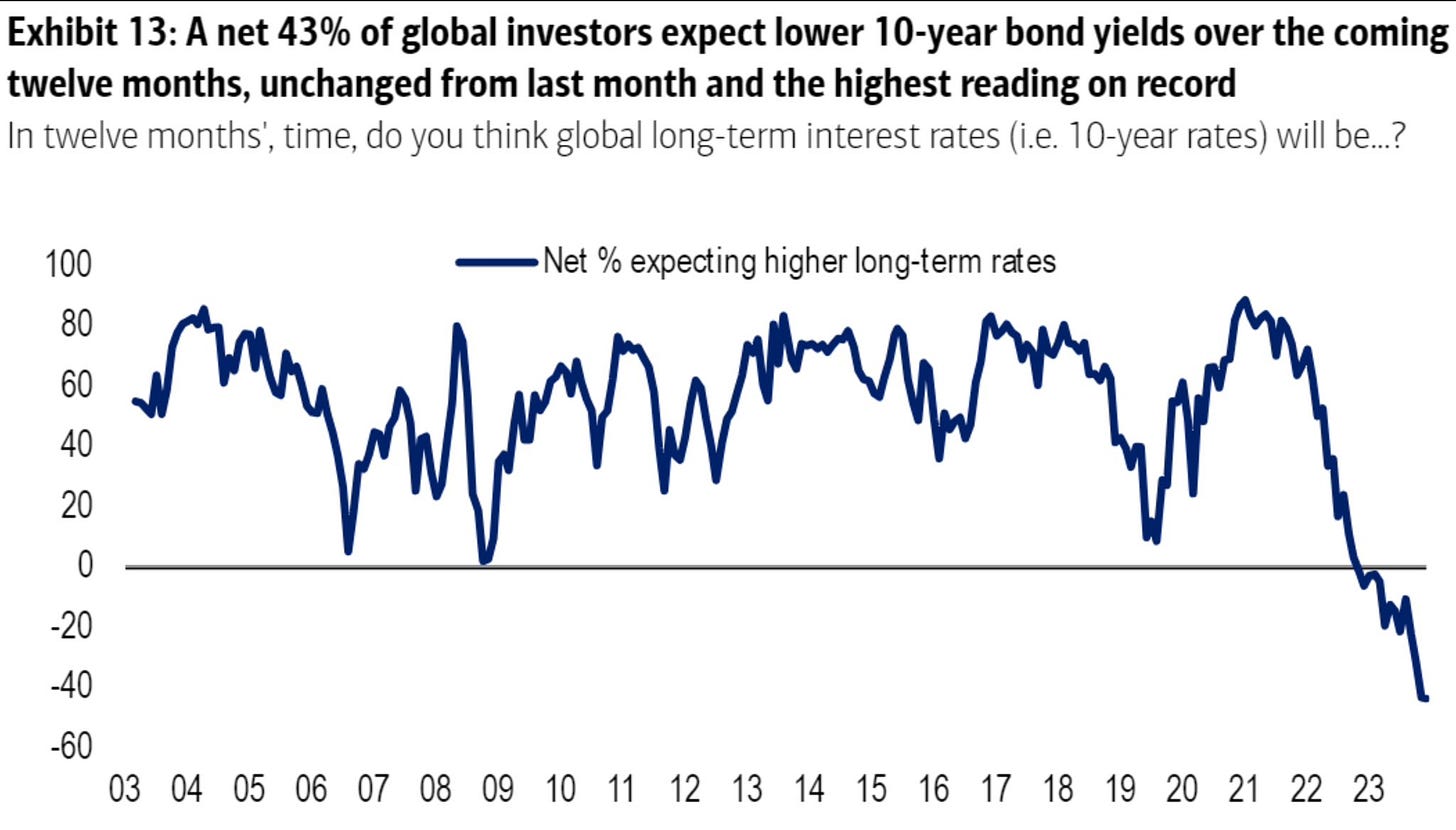
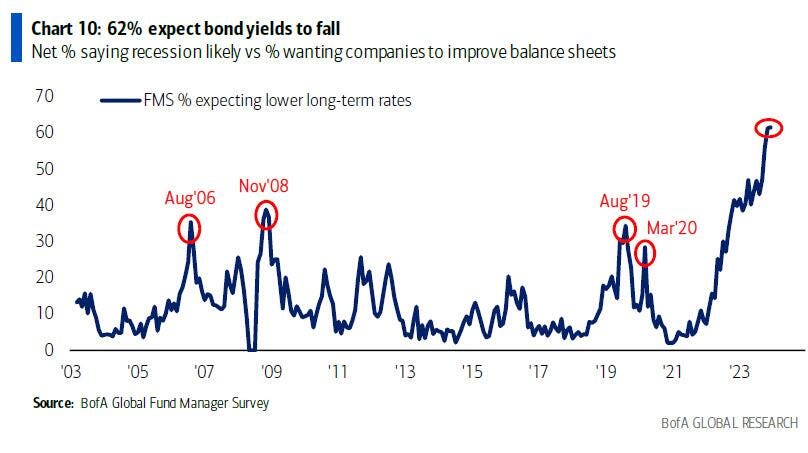

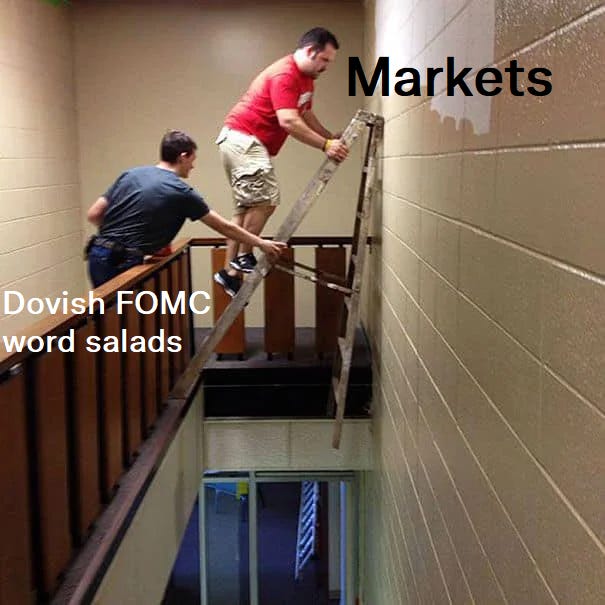

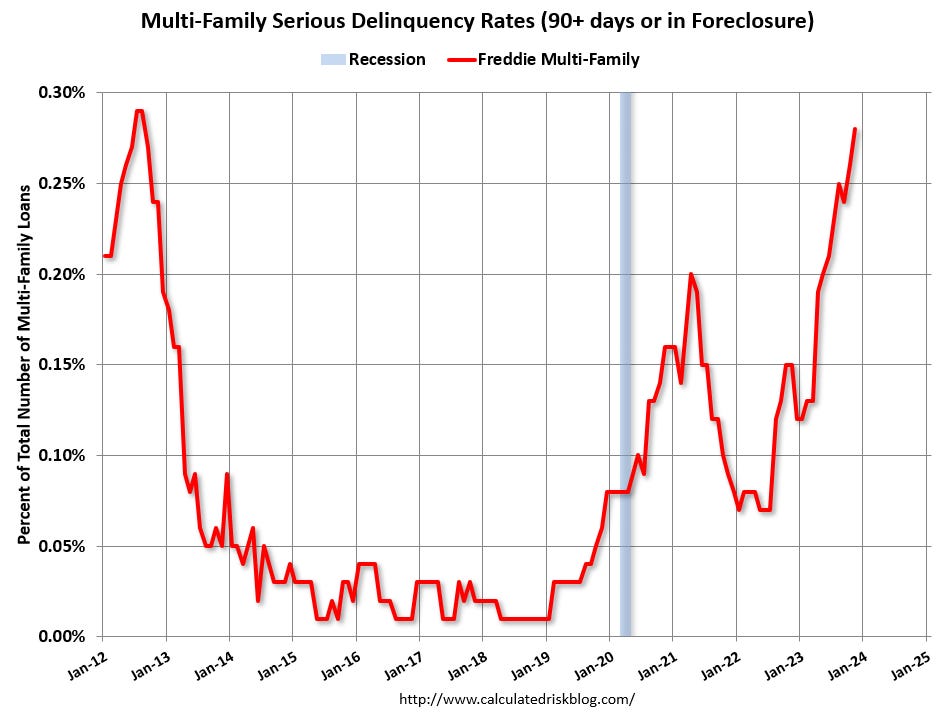
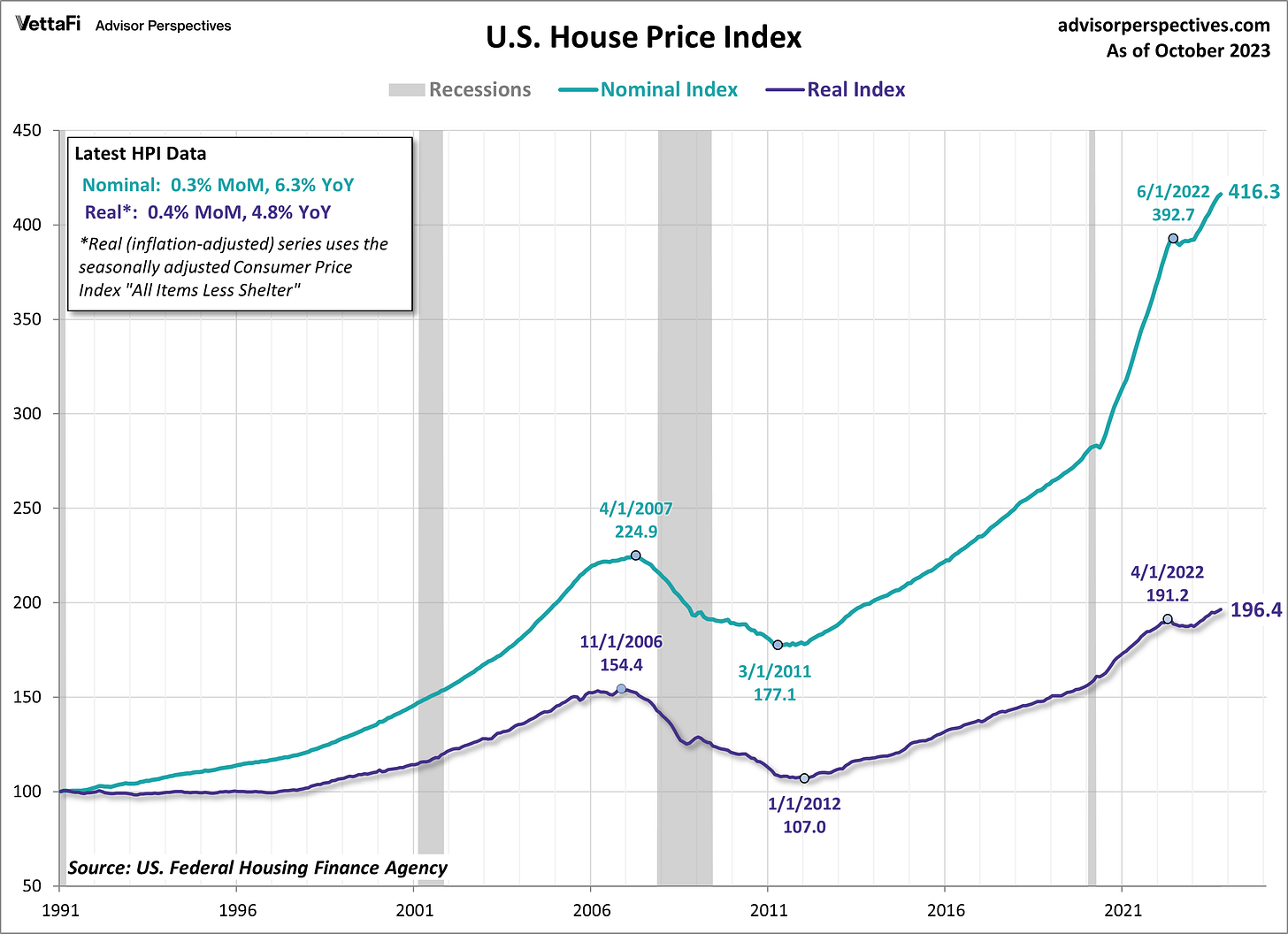
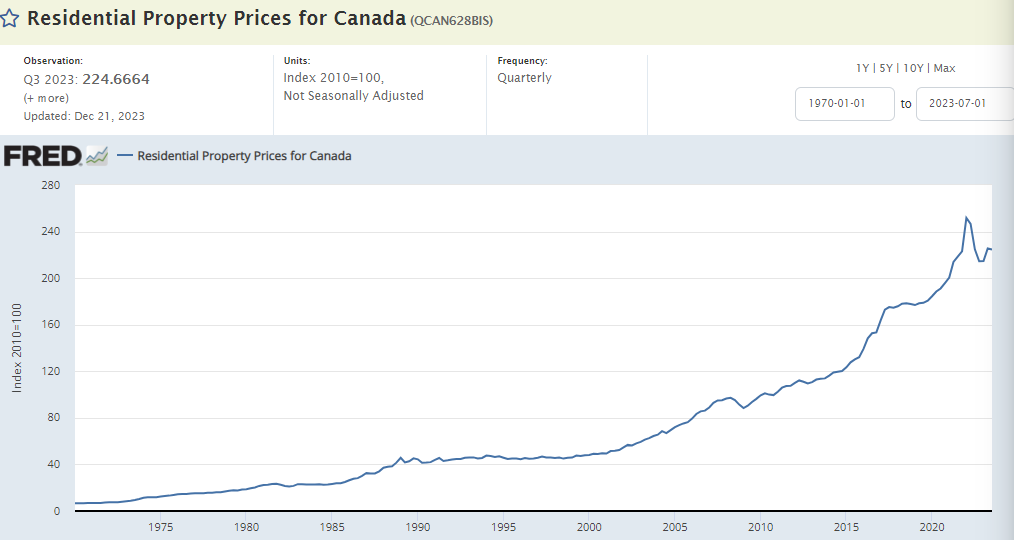
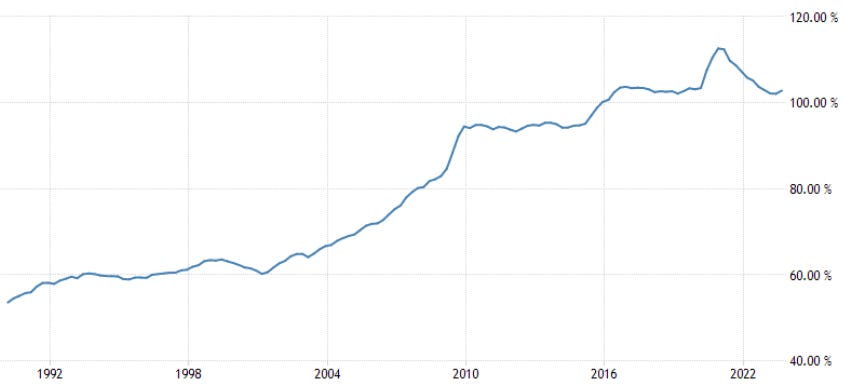

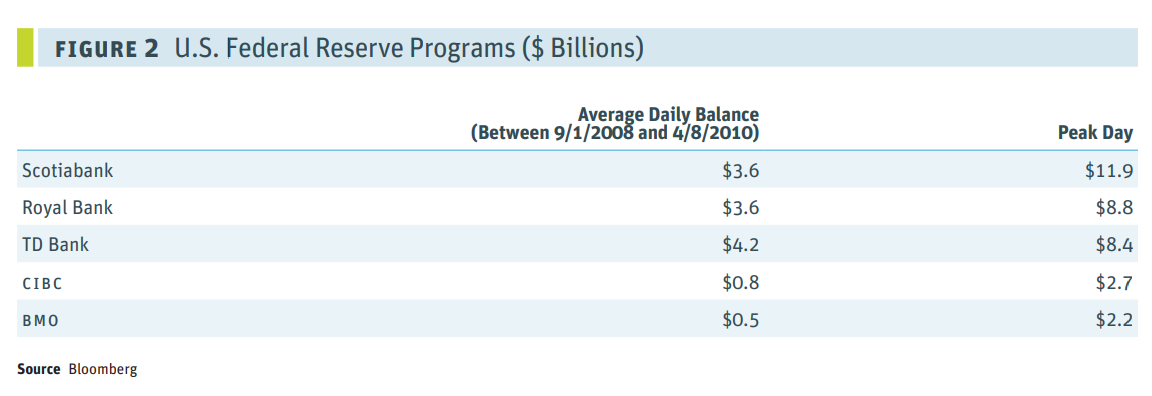

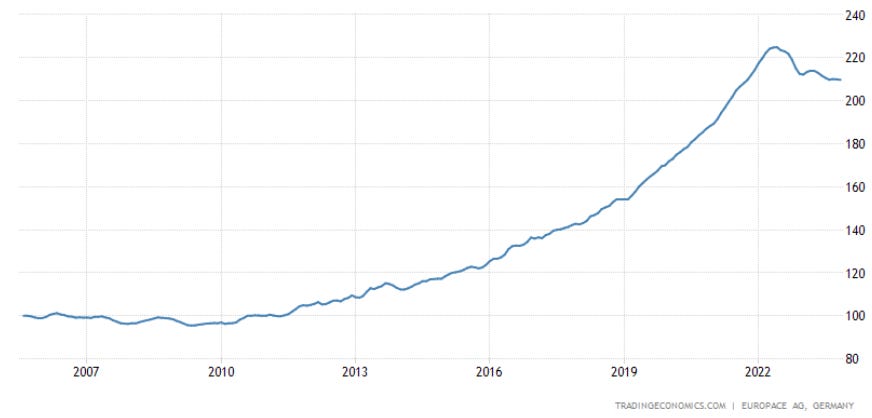
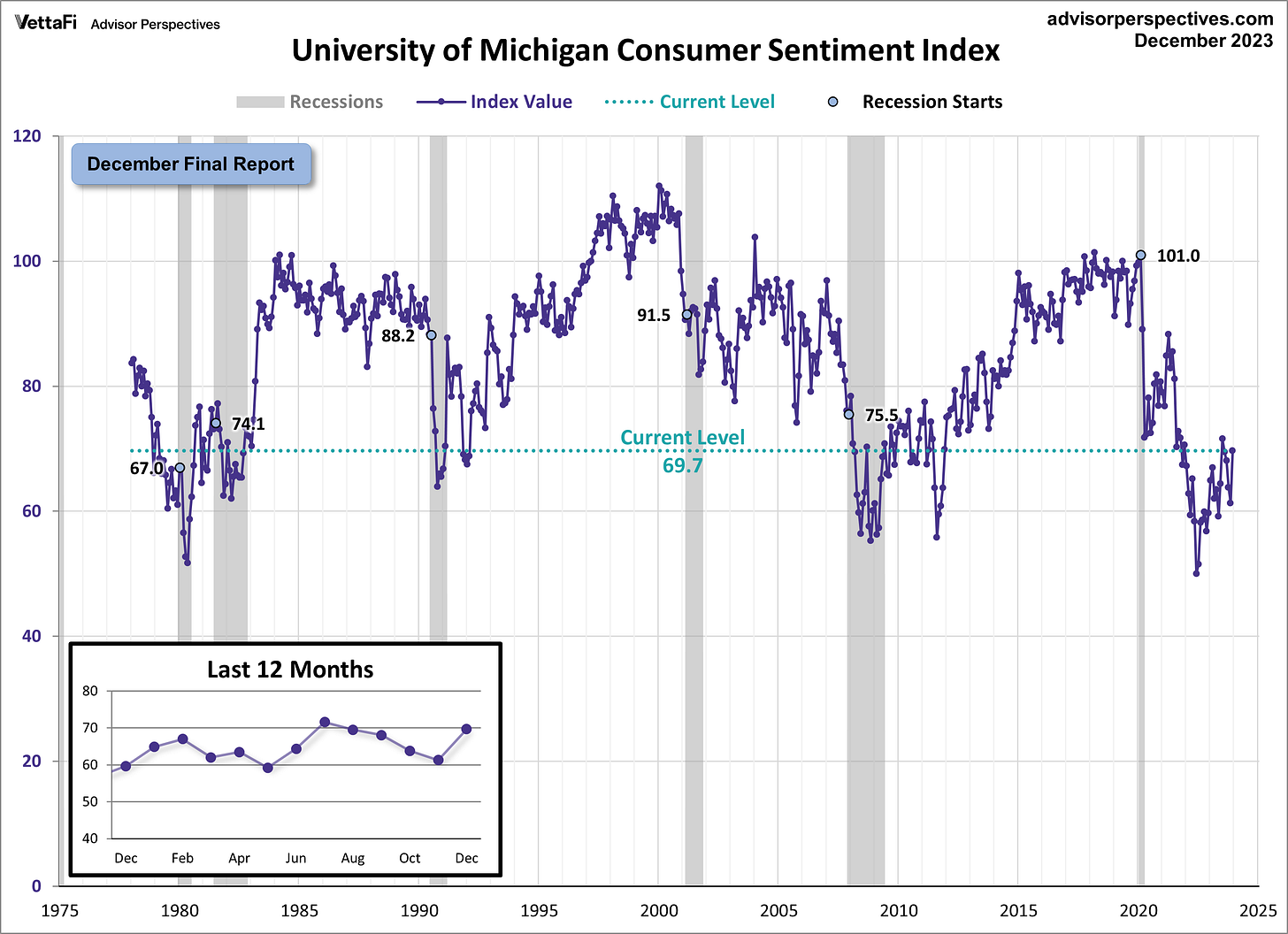
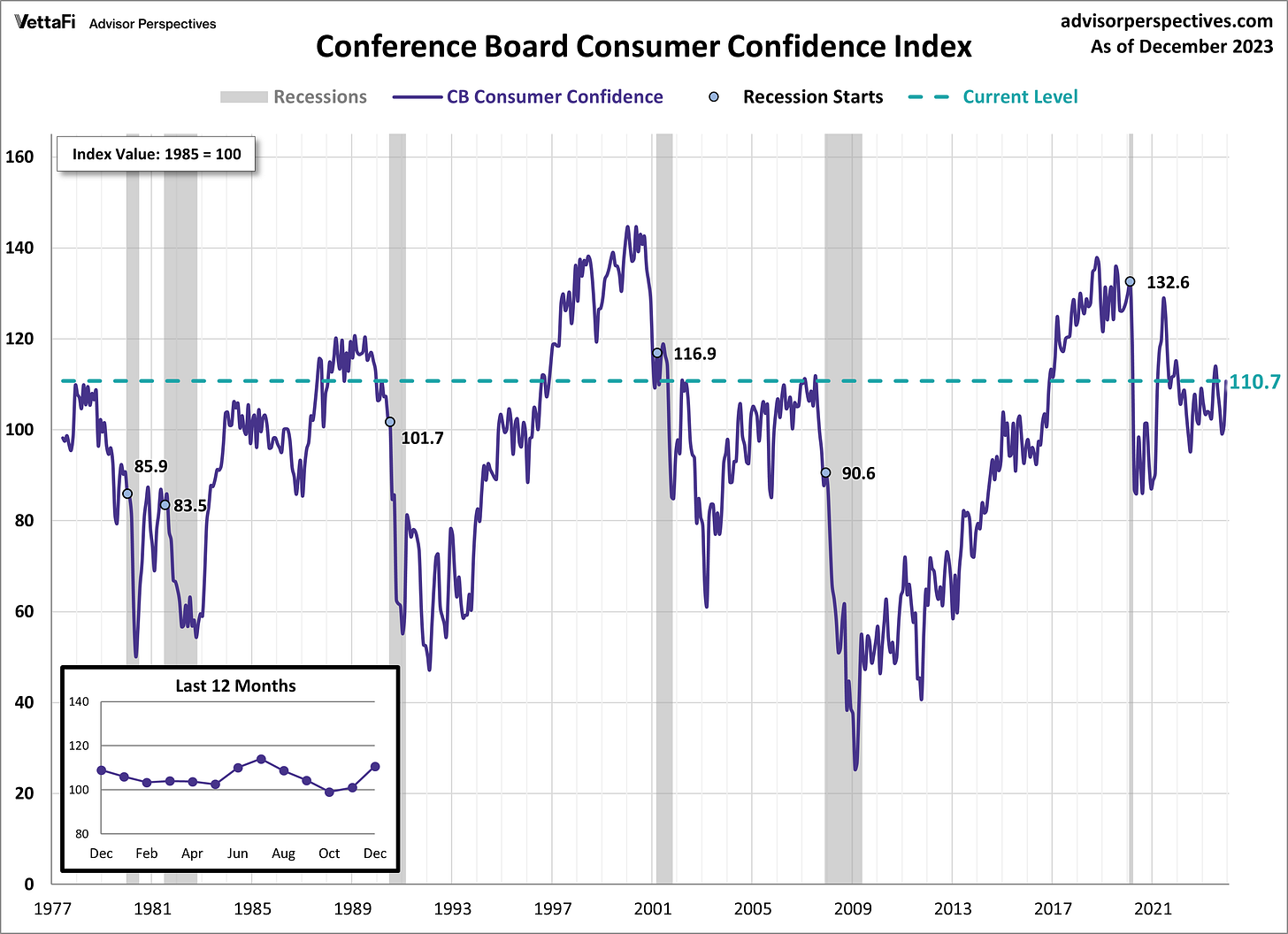
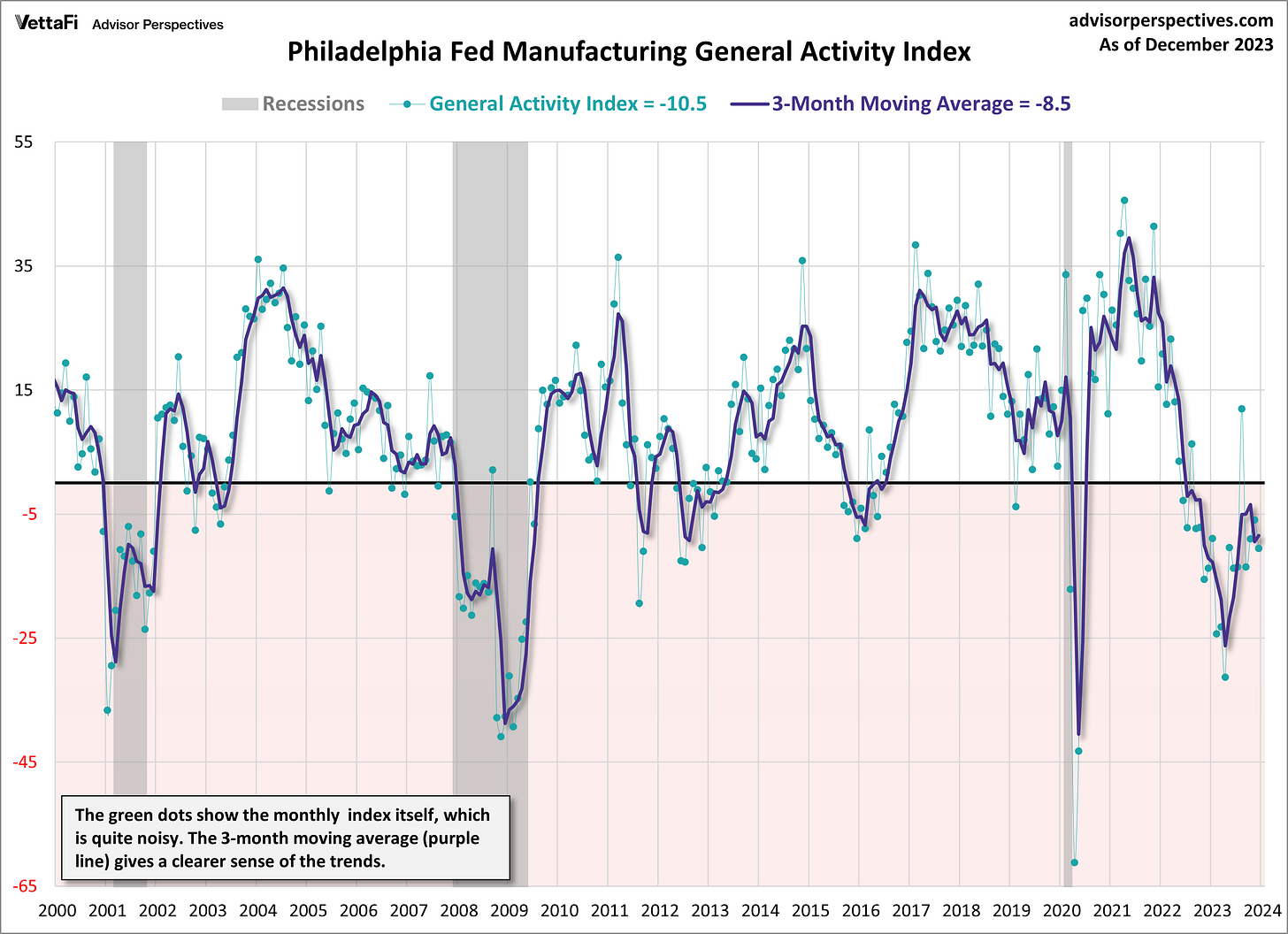
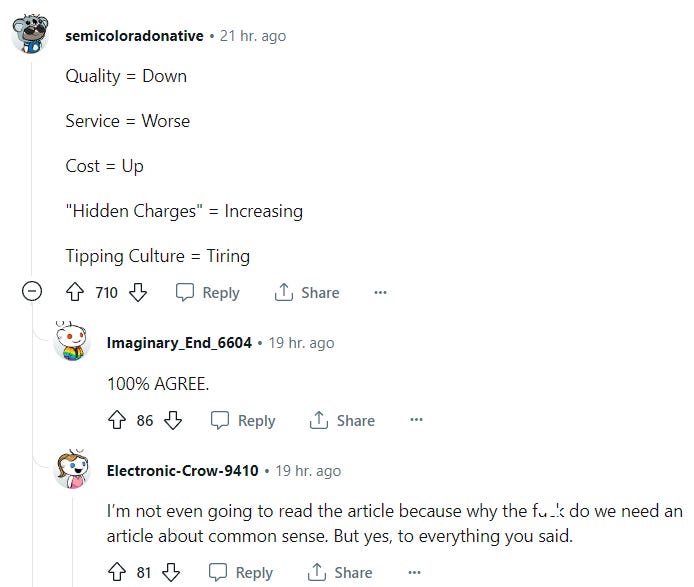
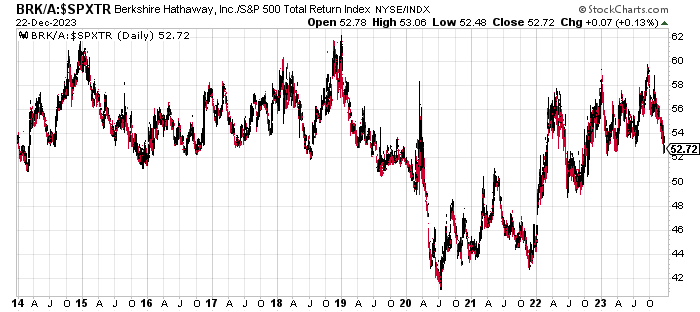



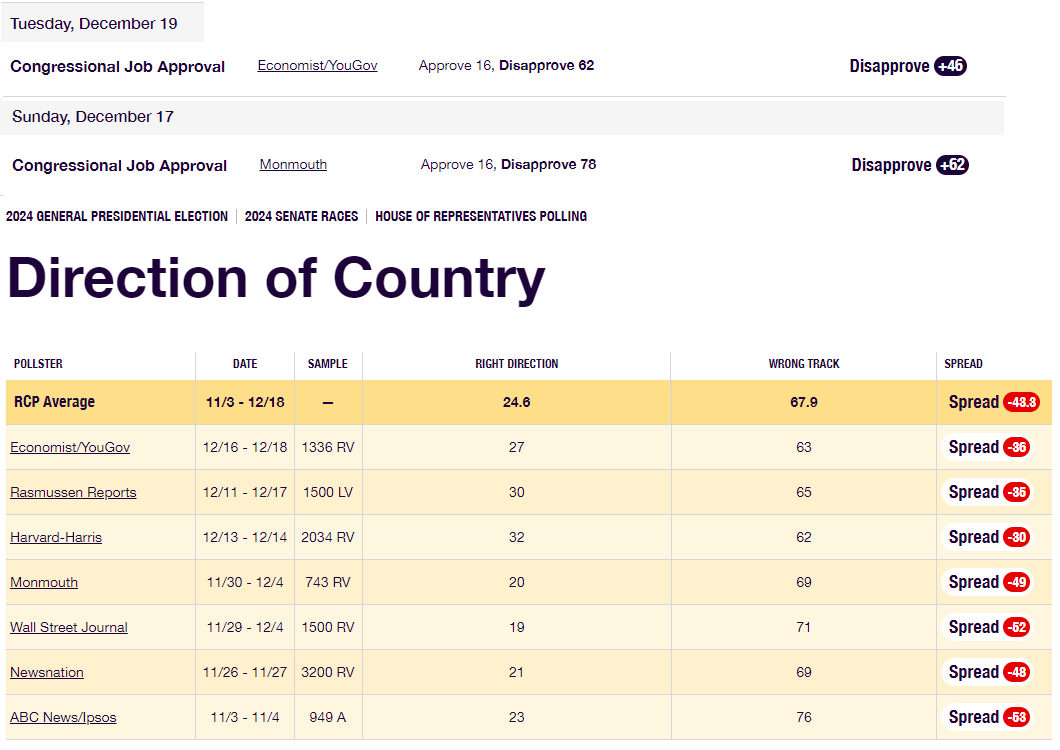

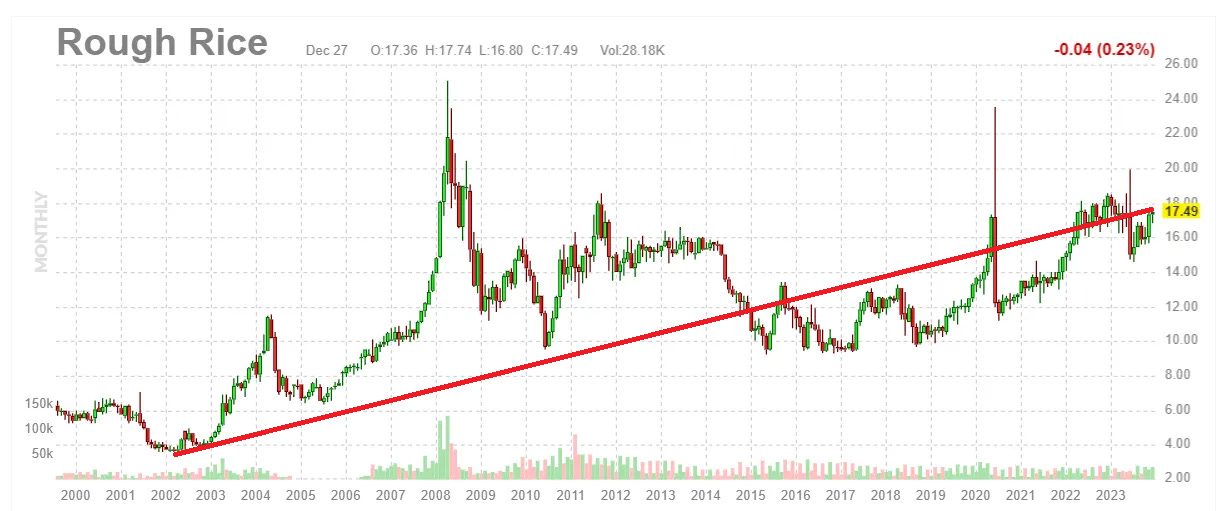




Always enjoy a Mitch Hedberg joke.
I listened to the podcast version of the Darryl Cooper article on a long drive the other day ... you linked to it quite a few posts ago ... Epstein Chronicles or something like that. Sick c$)nts is all I can say... not as familiar with that stuff down under but I’m sure we have them too.